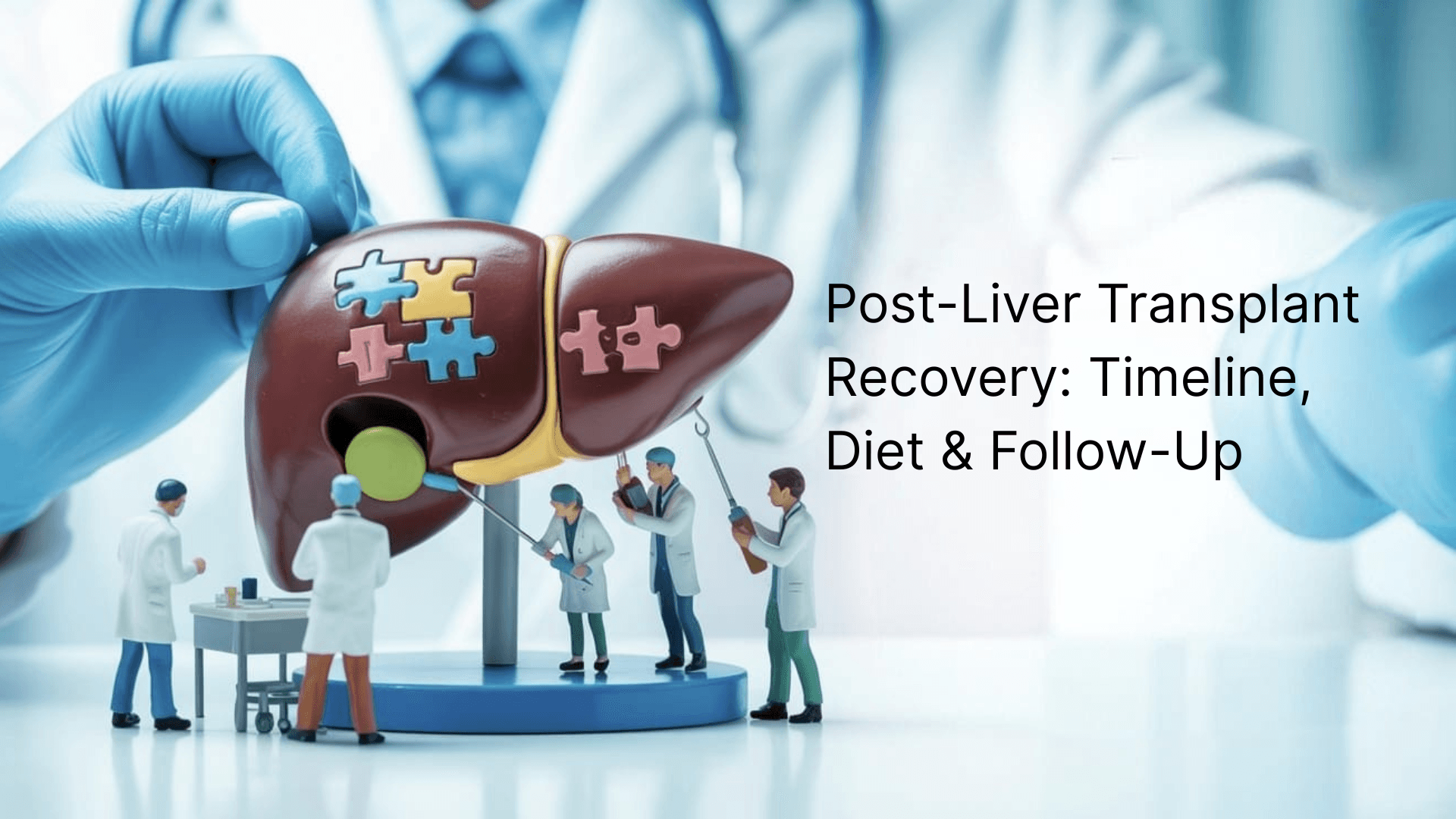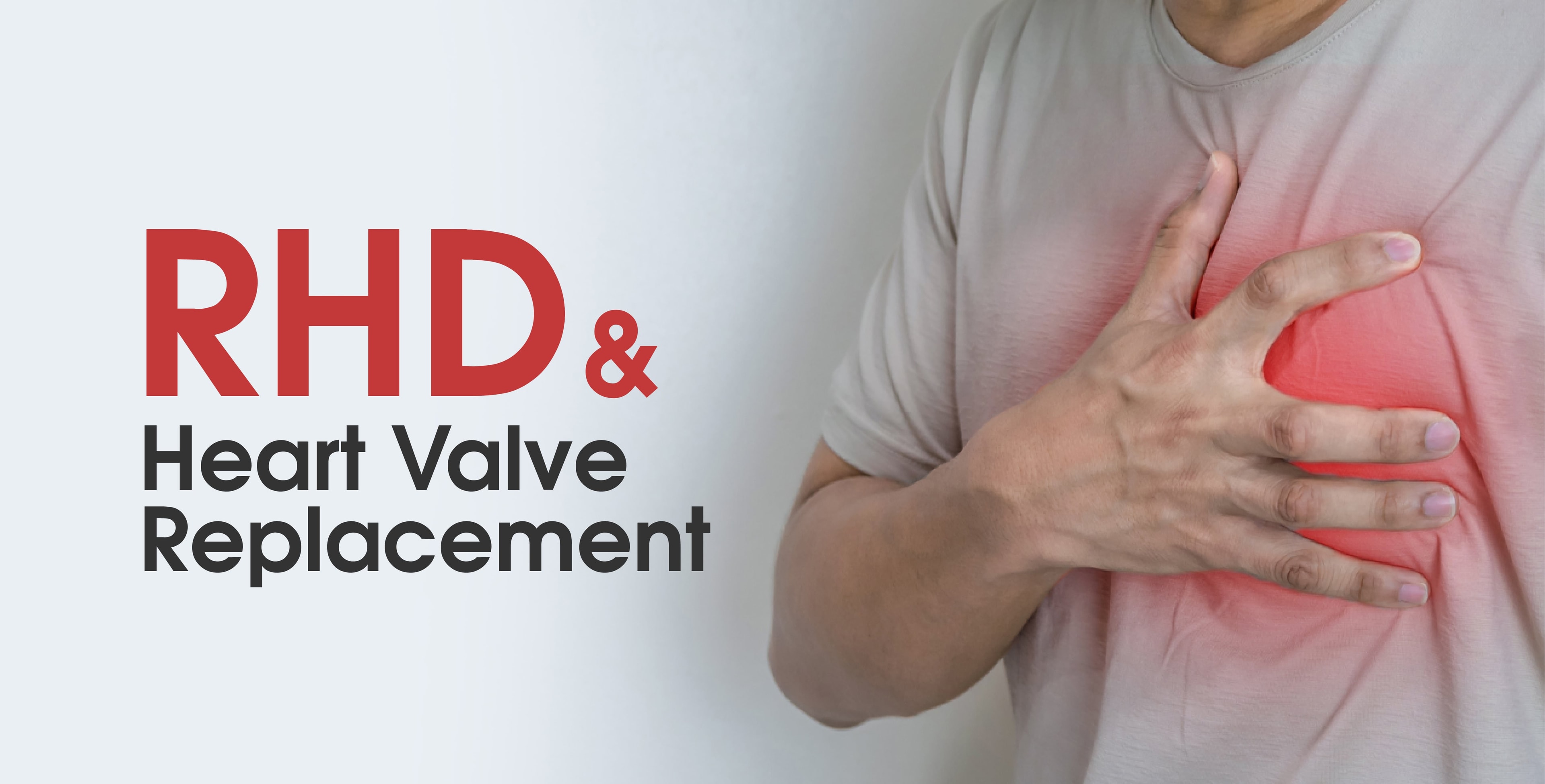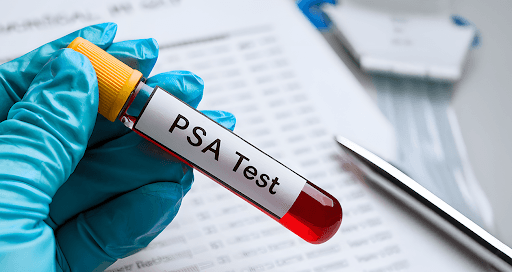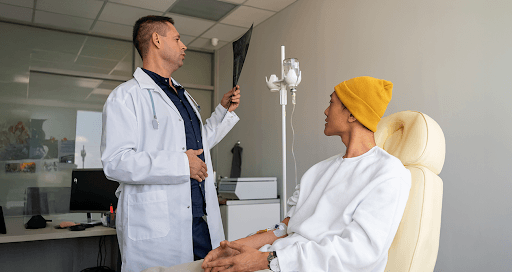
Liver transplant is a life-saving procedure that replaces a diseased or damaged liver with a healthy one provided by a donor and has changed countless lives over the years. However, the success of a liver transplant doesn’t end when the receiver leaves the operating room. In fact, what happens during your recovery period plays a crucial role in determining the long-term success of the transplanted liver.
The post-liver transplant recovery period is when healing, adaptation, and careful monitoring become crucial. It’s a time when your new liver begins to settle into its role, and your body gradually regains its strength and function. But the recovery journey comes with its highs and lows, and understanding the process is essential for a smoother, healthier outcome.
So, let’s understand the various aspects of liver transplantation, from timelines to food choices, red flags to regular checkups, and everything in between.
Why Post-Liver Transplant Recovery Matters
Understanding why proper recovery care matters so much begins with recognizing what your body has just been through. Liver transplant surgery is one of the most complex procedures in medicine, involving the removal of your diseased liver and connecting the new liver to your blood vessels supplying the liver and bile ducts. This major surgery affects multiple body systems, and your recovery process needs to address each of these areas.
Here’s why post-operative care is just as important as the surgery itself:
- Immune System Suppression: To prevent your body from rejecting the new liver, you’ll be on immunosuppressants, which can make you more susceptible to infections.
- Medication Management: Finding the right balance of medications and staying on schedule is essential.
- Lifestyle Changes: Your daily habits, especially diet and activity, can influence your liver’s function and overall health.
Liver Transplant Recovery Timeline: What to Expect Month-by-Month
One of the most common questions after a transplant is, “How long until I feel ‘normal’ again?” While everyone has a different recovery journey, there’s a general timeline that offers a better understanding of the recovery process.
In One Month
- You’ll likely spend 2 weeks in the hospital after surgery. During the hospital stay, you will spend the initial few days in the ICU and subsequently will be shifted to the ward. Gradually, your oral diet will be escalated as tolerated. The abdominal drain that was placed during the surgery will be removed after 1 week. And you will be discharged after 2 weeks of surgery based on your clinical status and recovery.
- Around the one-month mark, the staples are typically removed from your incision area at the transplant center. The removal process is typically quick and causes minimal discomfort, but it marks an important transition from the immediate post-surgical phase to the ongoing recovery phase.
- The patient is advised to focus on rest, hygiene, and medication once they are at home.
- The patient is likely to feel more tired than usual, and that’s completely normal. The energy levels may fluctuate from day to day, and some days you might feel like you’re taking steps backwards rather than forward.
- Light activities and short walks are encouraged to boost circulation and energy.
- You will be advised about regular follow-ups and timely blood tests to check your liver function.
In One and a Half Months
- You may have an increased appetite, which is a good sign suggestive of good liver function.
- It is advised to keep your diet normal, with regular salt intake. But at the same time, you have to be cautious about eating outside food.
- The patient might begin feeling more mobile and independent. However, it is suggested to avoid lifting heavy objects.
In Two Months
- You can start lifting heavy objects, around 5 kg, but no rush. You can take it slow. Follow the instructions of the doctor and consider your body condition as well.
- Energy levels improve significantly, as many patients start to feel like themselves again.
- The focus remains on medication compliance, healthy eating, and gradual physical activity.
- The patient can start light by helping with light household tasks, carrying groceries, and generally feeling more capable in their daily activities.
- The lifting restriction exists because your abdominal muscles and surgical incisions need time to heal completely. Lifting heavy objects too soon could cause complications or delay your healing process.
In Three Months
- The three-month mark is often when patients start to feel like they’re truly returning to their normal lives.
- You may be instructed by your doctor to resume light jogging or more vigorous walking.
- Physical activities like stretching, yoga, and modified strength training can be introduced with your doctor’s approval.
- You might also start returning to social activities or part-time work, depending on how you are feeling.
- However, high-impact sports, heavy weight lifting, or activities that risk abdominal trauma are still generally off-limits.
In Three to Six Months
- Most liver incision wounds have healed both internally and externally by this time.
- You might be cleared to return to work full-time or part-time based on your stamina and fatigue. This gradual approach allows you to test your energy levels and adjust to the demands of work while still prioritizing your recovery.
- Some patients find that their concentration and energy levels are different from before the transplant, and a part-time schedule allows them to adapt to these changes.
- Travel, light exercise, and social outings are usually okay by now.
- This is the time when the patients find a new rhythm that balances work, rest, and continued self-care.
- The decision about when to return to work should be made in consultation with your transplant team and depends on factors like the type of work you do, your energy levels, and your overall health status. Some patients in less physically demanding jobs may return earlier, while others may need more time.
In One Year
- You may now engage in sports and more strenuous activities, but only after your transplant team gives you approval.
- Immunosuppressants are likely still part of your routine.
- You’ll have regular follow-ups to monitor liver function and overall wellness. The doctors will assess your progress, the stability of your new liver, and your overall health to ensure these activities are safe for you.
Diet and Nutrition
What you eat and what you don’t eat play a huge role in your post-transplant recovery and long-term health. After a liver transplant, your body is in regeneration mode. What you eat now can power your healing, strengthen your immune system, and prevent complications like infections, diabetes, or high blood pressure.
- Balanced Diet: Consume a diet that is low in salt, cholesterol, fat, and sugar. This helps in protecting your cardiovascular health, which can be impacted by some immunosuppressant medications, and reduces the strain on your new liver.
- No Alcohol: This is non-negotiable. Your new liver needs to be protected from any alcohol, which can cause significant damage. Alcohol can also interact dangerously with medications.
- Go Green: Include at least five servings of fruits and vegetables each day. These are packed with vitamins, minerals, and antioxidants essential for healing and maintaining a strong immune system. Opt for a colorful variety to ensure a broad spectrum of nutrients.
- Grapefruit is Your Enemy: Avoid grapefruits and grape juice entirely. Grapefruit contains compounds that can interfere with the metabolism of certain immunosuppression medications, leading to dangerously high levels of the drug in your system. It should be discussed with the treating doctors before consuming
- Fibre Up: Having enough fibre in your daily diet is crucial for digestive health, preventing constipation, a common issue with some medications, and helping to manage blood sugar and cholesterol. Consider whole grains, fruits, vegetables, and legumes.
- Choose Whole Grains: Opt for whole-grain foods over processed grains. Whole grains like brown rice, whole wheat bread, and oats provide more fibre and nutrients than their refined counterparts.
- Dairy Consumption: This is important to maintain optimal calcium and phosphorus levels, which are vital for bone health. Some transplant medications can affect bone density, so adequate calcium intake is important. Your dietitian might also recommend calcium and vitamin D supplements.
- Lean Protein Sources: Eating lean meats, poultry, and fish provides essential protein for tissue repair and overall strength without adding excessive unhealthy fats.
- Safe Food: Following strict food safety guidelines is crucial. This means washing hands thoroughly, cooking meats to the proper temperature, avoiding cross-contamination, and refrigerating leftovers promptly. Your immune system is suppressed, making you more vulnerable to foodborne diseases.
- Stay Hydrated: Staying hydrated by drinking plenty of water and other fluids each day is crucial for kidney function, medication meta, and overall well-being. Remember, there is no restriction on water intake in the postoperative period.
Foods to Avoid
- Raw Seafood: Sushi, raw oysters, ceviche, etc., pose a high risk of bacterial or viral infections, which can be very dangerous for an immunocompromised individual.
- Unpasteurised Foods: This includes unpasteurised milk, cheeses like some soft cheeses, and juices. Pasteurisation kills harmful bacteria.
- High-Salt Foods: Processed snacks, canned soups, fast food, and many convenience meals are loaded with high sodium. High salt intake can contribute to high blood pressure and fluid retention, both of which you want to avoid.
Warning Signs to be Noted
Even with the best care, things can go off track. Knowing the warning signs early can be the difference between a minor issue and a major complication. Delaying reporting these signs can have serious consequences.
Signs of Organ Rejection
Rejection happens when your immune system identifies the new liver as foreign and attempts to attack it. Early detection and treatment are key to reversing rejection and saving your new organ.
- Fever: Usually over 100.4°F / 38°C is often the first and most common sign of rejection, though it can also indicate infection.
- Unexplained Fatigue: Feeling unusually tired or weak, beyond the general fatigue of recovery, can be a warning sign.
- Yellowing of Eyes or Skin: Jaundice indicates a problem with the liver’s ability to process bilirubin.
- Dark Urine or Pale Stools: These are also signs of impaired liver function and bile flow.
- Abdominal Pain or Tenderness Near the Liver: Localized pain or discomfort in the upper right quadrant of your abdomen can indicate inflammation of the liver.
- Sudden Weight Gain or Swelling in the Abdomen: This could suggest fluid retention due to declining liver function.
Signs of Infection
As you will be on immunosuppressant medications, your body’s ability to fight off infections is reduced. Infections can become serious very quickly.
- High Fever or Chills: Similar to rejection, fever is a primary sign of infection. Chills often accompany a rising fever.
- Persistent Cough or Sore Throat: This could indicate a respiratory infection.
- Shortness of Breath: Another potential sign of a lung infection or other serious issue.
- Redness, Swelling, or Discharge from the Surgical Wounds: These are classic signs of a wound infection.
- Burning Sensation While Urinating: This symptom might be pointing to a possible urinary tract infection (UTI).
Medication-Related Side Effects
Immunosuppressant medications are necessary to prevent rejection, but they can sometimes cause side effects that require attention.
- Severe Nausea or Vomiting: Persistent or severe digestive upset could indicate medication toxicity or other issues.
- Uncontrolled Diarrhea: Frequent, watery bowel movements can lead to dehydration and electrolyte imbalances, and may indicate medication problems or infection.
- Unusual Bleeding or Bruising: This could be a sign of issues with blood clotting, potentially related to medication or liver function.
- Vision Changes or Severe Headaches: Some medicines can increase your blood pressure, and severe headaches or visual disturbances could indicate dangerously high levels requiring urgent intervention.
General Red Flags
There are some broader signs that indicate something is wrong and requires immediate action.
- Loss of Appetite for Several Days: While some fluctuations are normal, a prolonged loss of appetite can signify underlying problems.
- Confusion of Changes in Mental State: Any new disorientation, memory issues, or significant personality changes need immediate attention.
- Rapid Heartbeat or Chest Pain: These symptoms could indicate cardiac issues or other serious complications and require urgent medical assessment.
Always have your transplant team’s emergency contact information readily available. Don’t hesitate to call them, even if you are unsure. It’s always better to be safe than sorry.
Post-Transplant Exercise
Physical activity plays a crucial role in your recovery, but it’s important to approach exercise thoughtfully and gradually. Your body has been through major surgery, and while exercise is beneficial, it needs to be introduced at the right pace and intensity.
In the initial stages of recovery, your exercise will be very gentle, focusing on short walks and moving around your home to prevent blood clots and muscle stiffness. As you heal, your transplant team will guide you on increasing your activity levels.
- Start Slow: Begin with light activities like walking, gradually increasing duration and intensity. Don’t push yourself to the point of pain or extreme fatigue.
- Focus on Consistency: Regular, moderate intensity activity is more beneficial than sporadic, intense bursts.
- Low-Impact Activities: Especially in the first few months, stick to low-impact activities like walking, cycling on a stationary bike, or swimming (once your incisions are fully healed and cleared by the doctors).
- Strength Training: Once cleared, incorporate light strength training to rebuild muscle mass that may have been lost during illness and surgery. Use light weights or resistance bands.
- Avoid Abdominal Strain: Be mindful of activities that strain your abdominal muscles, especially while your incisions are healing. Avoid heavy lifting until explicitly cleared by the doctors.
- Stay Hydrated: Drink plenty of water before, during, and after exercise.
- Consult Your Team: Before starting any new exercise routine or increasing intensity, always discuss it with your transplant team. They will consider your health, recovery progress, and any medication side effects.
Exercise can significantly improve your quality of life, strengthen your body, and help manage potential side effects of medicines, like weight gain or bone density loss.
Follow-Up Care and Regular Monitoring
Regular follow-ups ensure your new liver is working as it should and that medications are at the right dosage. In the first few months, follow-up appointments will be frequent, involving blood tests, physical examinations, and imaging scans. These appointments usually include
- Monitoring organ functions, ensuring that your new liver is working properly, and your kidneys aren’t being stressed by the medicines.
- Your immunosuppressant dosages will be adjusted based on blood levels and your body’s response.
- Regular monitoring helps catch any potential issues like rejection, infection, or medication side effects early.
- Your doctor will also monitor for and manage any other health conditions that may arise or be exacerbated by transplant medications, such as high blood pressure, diabetes, or bone density issues.
- These visits are also opportunities to check in with the dietitians, social workers, or psychologists who are part of your diagnosis journey.
As time goes on and your recovery stabilises, the frequency of these appointments will gradually decrease, but they will never truly stop. It’s important to schedule appointments, even if you feel perfectly well.
Tips for Caregivers and Family Members
While the transplant recipient is struggling with their health, caregivers and family members play a crucial role. The support, patience, and understanding of the caregiver are invaluable. Here’s how you can provide meaningful support to the patients:
- Educate Yourself: Learn as much as you can about post-transplant care, medications, diet, and warning signs. The more informed you are, the better you can support your loved ones.
- Offer Practical Support: Help with meal preparation, medication reminders, transportation to appointments, and light household chores.
- Be a Good Listener: The recipient may experience a rollercoaster of emotions. Offer a non-judgmental ear and acknowledge their feelings.
- Encourage a Routine: Gently remind them about medications, diet, and appointments.
- Help Monitor Symptoms: Be aware of the warning signs discussed earlier. You might notice subtle changes before the recipient does.
- Be Understanding: Understand that recovery is gradual, and energy levels fluctuate. Don’t push them to do too much too soon.
- Seek Support for Yourself: Caregiving can be emotionally and physically draining. So, make sure that you, too, get the necessary support to keep yourself sane.
Recover Confidently with Amrita Hospital’s Support
Recovering from a liver transplant is about embracing the new normal, the one that prioritises health, balance, and mindfulness, while getting back to normal. With the right care, proper nutrition, regular follow-ups, and a lot of patience, most liver transplant recipients can return to an active lifestyle.
At Amrita Hospital, Faridabad, our expert transplant team, dedicated dietitians, and compassionate caregivers are here to support you at every step of your liver transplant journey.
Frequently Asked Questions
- How long does it take to fully recover after a liver transplant?
Most people recover within 6 to 12 months, though full recovery varies by individual. Medicines and proper care are crucial to keep your body from rejecting the new liver.
- What are the lung problems after a liver transplant?
Possible lung issues include infections, fluid buildup (Pleural effusion, Pulmonary oedema), and breathing difficulties.
- What to avoid after a liver transplant?
Avoid alcohol, grapefruit, raw/uncooked foods, food items with high-salt or sugar content, unpasteurised items, and skipping medications or follow-ups.







